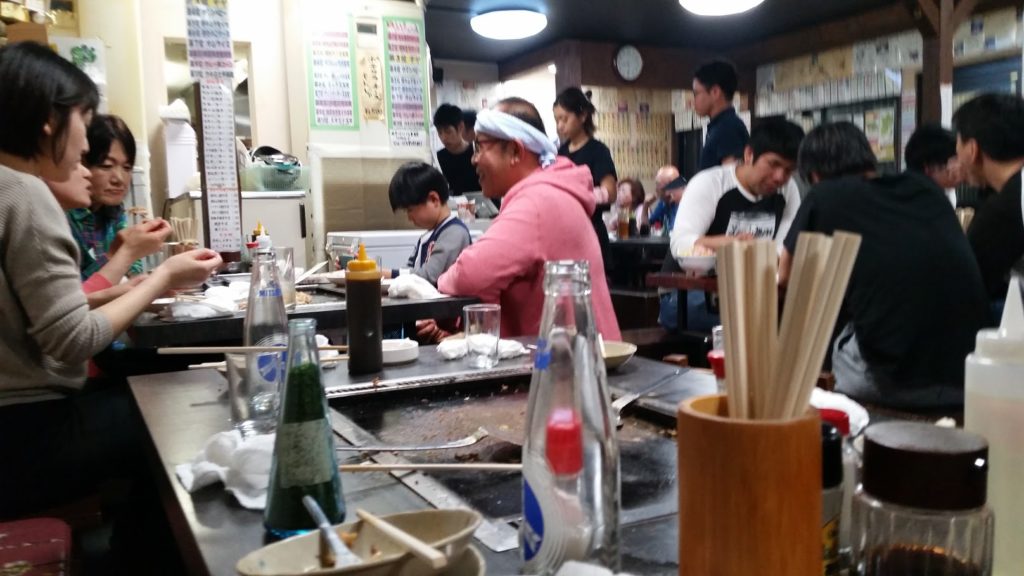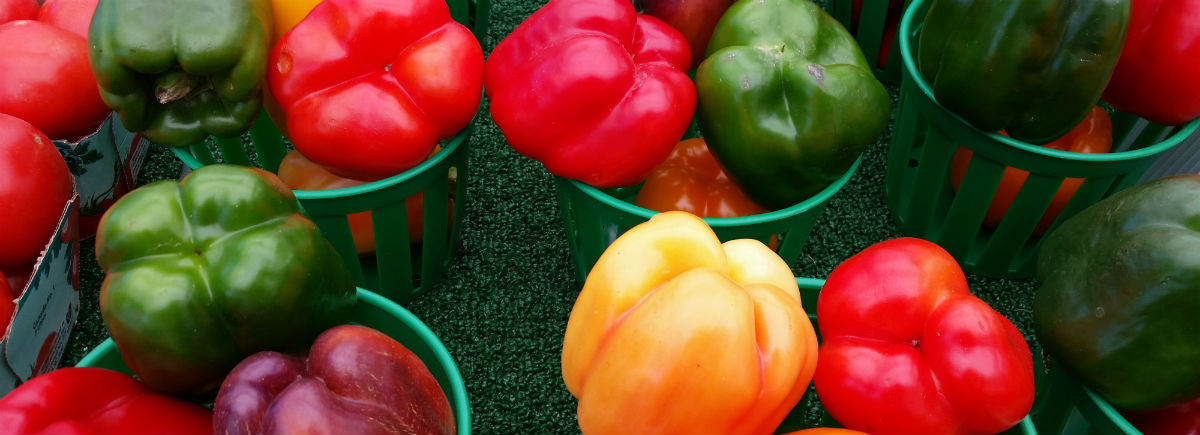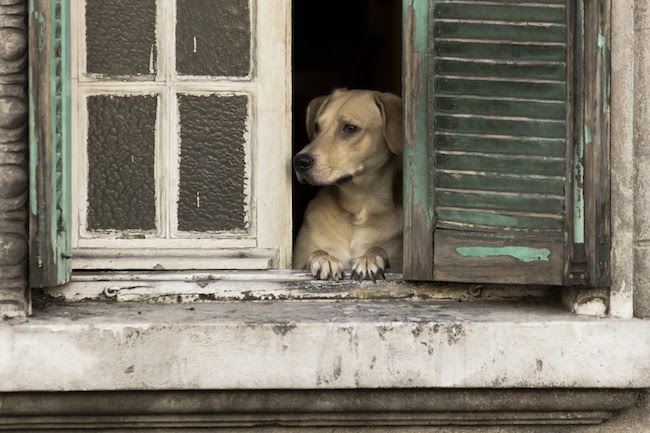
I am leaving Tokyo and I will miss many things, most of all the food.
When I visit here I feel like I come home though I wasn’t born here and my parents weren’t born here.
It’s my grandfather Otomatsu that made the journey by ship to Canada from Kobe, Japan some 100 years ago when he was a young man.
He didn’t speak English, he didn’t know much about Canada, but he yearned to go on an adventure to a far away country that he heard had much nature and opportunity to make a better life for himself and his family that he wanted to have in the future.
With WWII, my grandfather and his family were labelled “an enemy of the people”, taken away from their homes and possessions and put into remote internment camps. My grandfather lost all that he had saved and built. This happened in Canada and the US.
He was heart broken, ashamed and felt he was a failure.
We often feel that we have little impact on others and future generations. It is only through time, often when we are long gone, can the impression that we’ve made be seen more clearly.
I wish my grandfather could know the impact he had on lives to come and how grateful I am to him. He is not a failure as so many good things came from him, including the opportunity to be born in a beautiful country, my father and me.
Just by the act of being born with our unique identify and DNA, makes us special.
I am Canadian and through my parents who were born in Canada and of Japanese origin, I carry on the Japanese lineage.
I see the world through these eyes, which others see as Asian, no matter how much I try to hide this fact. I wanted to get plastic surgery when I was a young girl to make me look like all the other Western girls in my class. I didn’t want to stand out or be different being the only Asian in the class and one of the few in the high school in Toronto.
Through my Japanese bringing, I understand how I am more like the Japanese than I want to admit
I am polite, a “you first” type of person and this is very Japanese. I felt this as a weakness before, always striving to be more assertive, bold, and “me first”. But in a culture and community that is “we first” or you first, I feel more at home.
I am generous and giving, and this is part of the Japanese culture, who are always thoughtful in bringing small gifts when meeting someone, going to their place, or even in a business situation.
My mother always insisted on bring lots of omayage or gifts when we visited Japan. I used to get irritated and embarrassed by the large suitcases we would bring with us, and this was in the day before wheels, which she stuffed with Canadian gifts for her friends and family.
Most of all, it’s the food that makes me understand my Japanese origin
I am in love with the food. I get dizzy when just looking at food choices in Japan, not being able to decide what I want to eat first.
I turn Japanese!
Here’s my list of favourite Japanese food, which actually may be the same list of things to eat before I die.
- There is always rice. I was brought up with rice every day, it is my bread. My favourite forms are the simplest from hot gohan (rice) with tsukemono (pickles) or natto (fermented soy beans) to onigiri rice balls with umeboshi (pickled plums) and chazuke (cooked rice with green tea, dashi stock or hot water poured over it).
- Mochi, glutinous rice pounded into a cake. I am a mochi addict in all its forms from daifuku (small round cakes stuffed with sweet red bean paste) and yaki mochi (grilled rice cakes) to dango (rice cake dumplings) and mochi ice cream (rice cake with ice cream filling)
- The Japanese love their handmade noodles and I do too! In particular, I have a love affair with ramen (Chinese-style wheat noodles). In Tokyo, each ramen house has their own special style and each customer is particular about the way they like their ramen, from the firmness of the noodle, whether the broth is heavier or lighter, the amount of oil used, and the toppings you want on it.
- The other noodle that is a close second and the perfect pairing for the hot and humid summers of Japan and elsewhere is zaru soba, thin buckwheat noodles served cold, dipped in a tsuyuu or a soy-based dipping sauce and served with yakumi or spicy condiments such as wasabi, ginger and nanami togarashi (assorted chili peppers based condiment) that is on all tables that serve noodles in Japan).
- Monjyayaki is a batter with savoury ingredients that is cooked on a flat top grill at your table. It’s like its more well known sister, the okonomiyaki savoury pancake with fillings, but not as attractive and messier. There is a special area in Tokyo, Tsukishima, filled with restaurants serving monjya and okonomi. It’s simple rustic local food made at your flat top grill table to your liking and is meant to be shared with friends over drinks.
These are the foods that I love. They are delicious and they remind me of home, bring me home and comfort me.
It is my soul food
We all have certain food that call to us from our upbringings, ancestors and travels, and that’s why I call food like this “taste memories”.
Taste memories reach deep inside when we eat them, beyond satisfying our bellies to nourishing our souls and connecting us to our ancestors and our past.
I now embrace my Japanese background instead of being embarrassed about being different or taking it for granted.
Sometimes when I eat Japanese food that I adore, I think of my ancestors and whisper “thank you”. I like to think they hear me, and point to me, smiling and sharing in my happiness.
This is why food is love.
Also published on Medium.





0 Comments